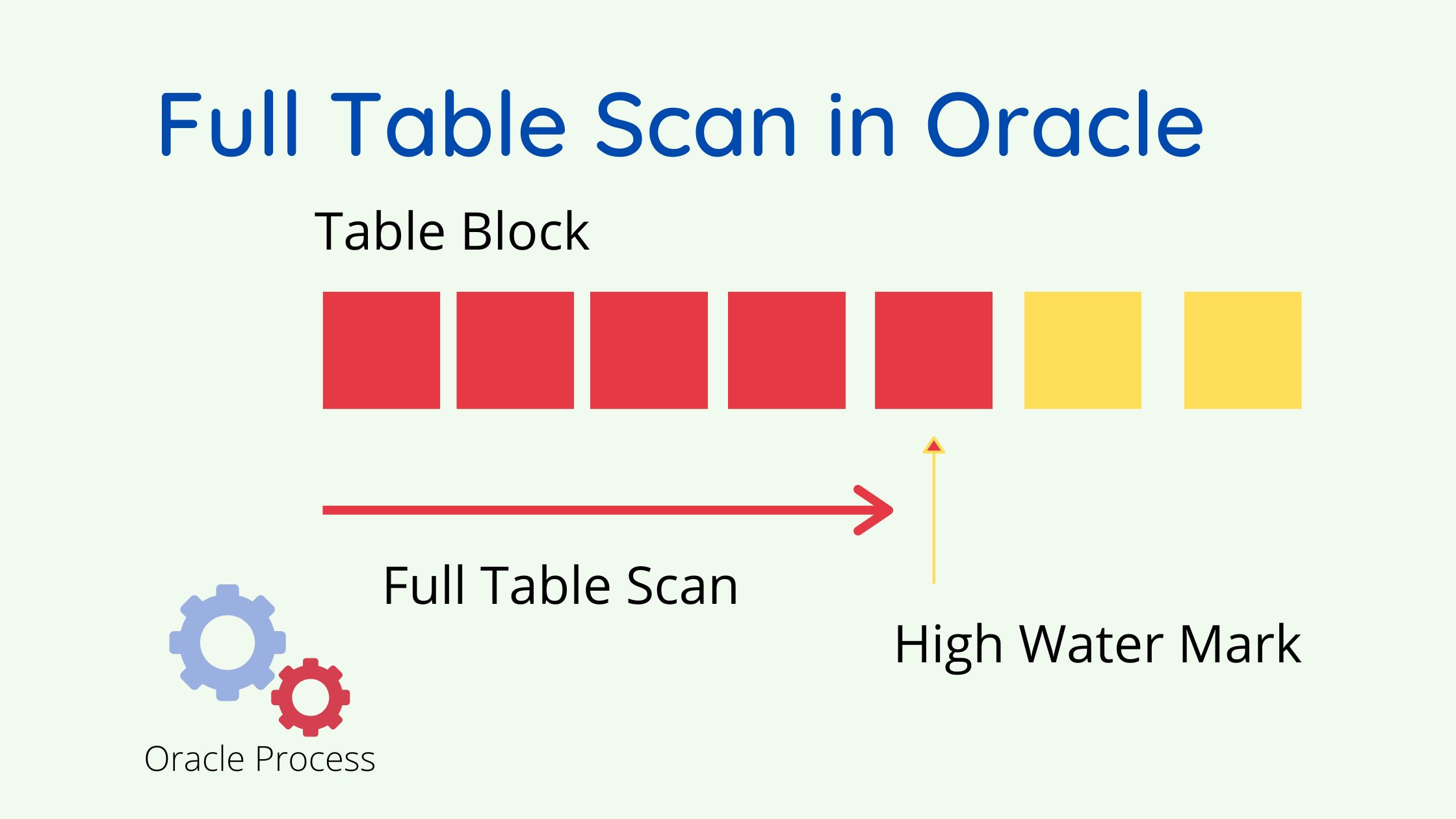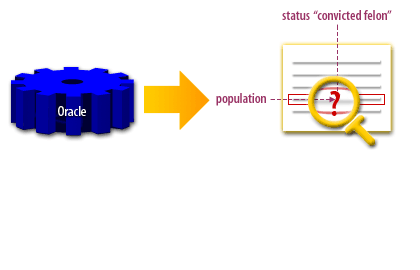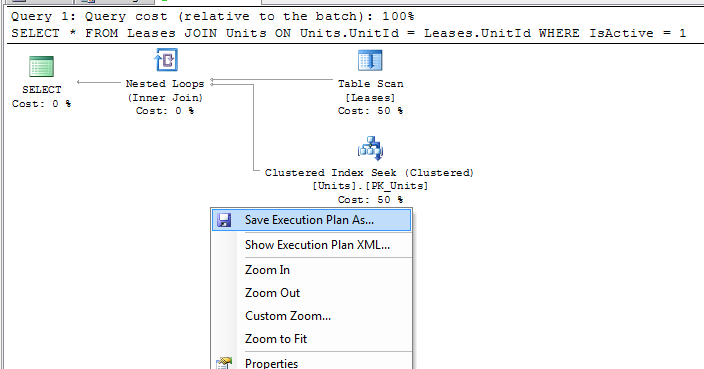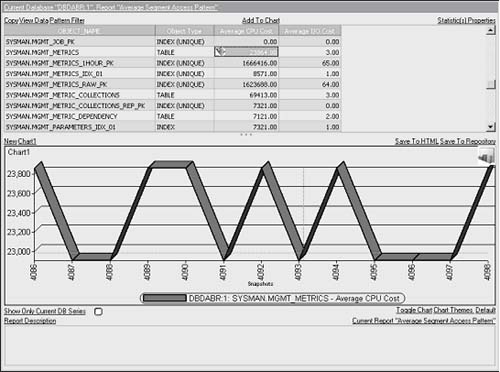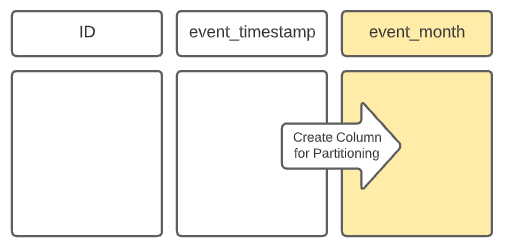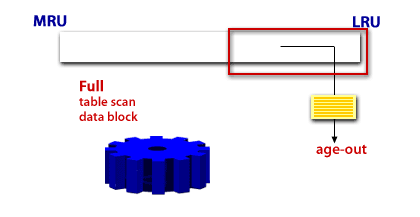Favorite Info About How To Avoid Full Table Scan

From in_matter_status ims, im_priority_status imps.
How to avoid full table scan. There are 3.8 million rows which are older than 6 years and the table size is 9gb. That is what the cbo does. Select * from apps.rcv_shipment_headers rsh where rsh.asn_type = 'asn' and rsh.shipment_num is not null and.
You can direct that the optimizer use a nested. I have a simple query like: I think, by creating the clustered index, you have changed you table from heap to clustered table, now clustered index scan is like table scan which is scanning the clustered.
The explain plan that you see with zero rows in the tables could be different than with 10,000 rows in the table or with millions of rows in the table. Avoid full table scan tips indexes: While it may not avoid a table scan, if your query is in a stored procedure, you could do something like this:
I was trying to delete rows older than 6 years from the below table ( 6 x 365 = 2190 ). Where ims.oid_nbr = imps.im_status_oid_nbr (+) group by. As you see the query without the hint does a full table scan while the hinted query uses the index.
You don't have a where clause, therefore oracle is thinking that since it has to return all records from both tables a full table scan will be most efficient. Else 0 end) as manifest_ack_not_required. Ensure that indexes exist on the key value and that the index has been analyzed with dbms_stats.
Set @dt = getdate() where. For large tables, try the following techniques to avoid having the optimizer incorrectly choose a.

